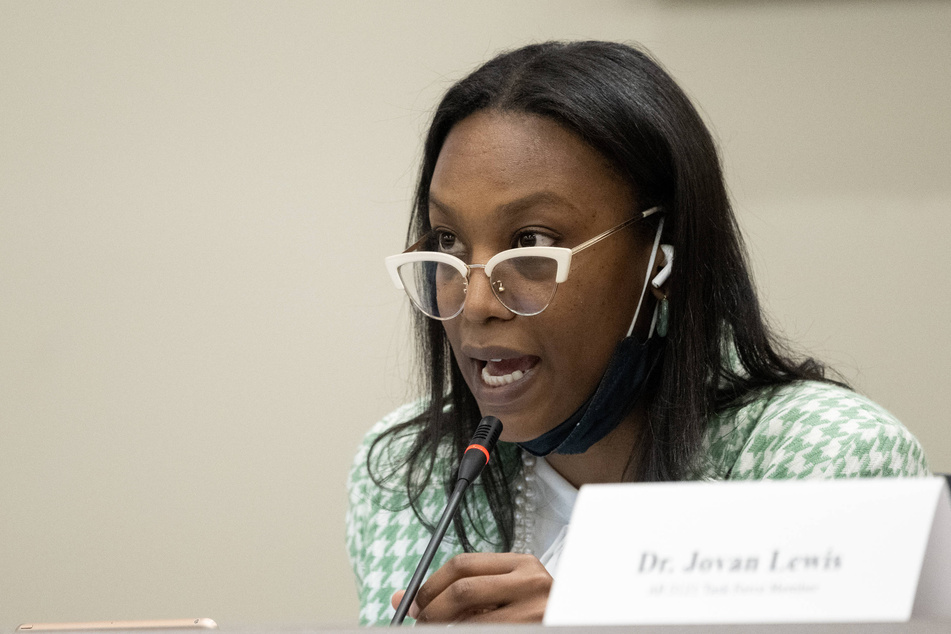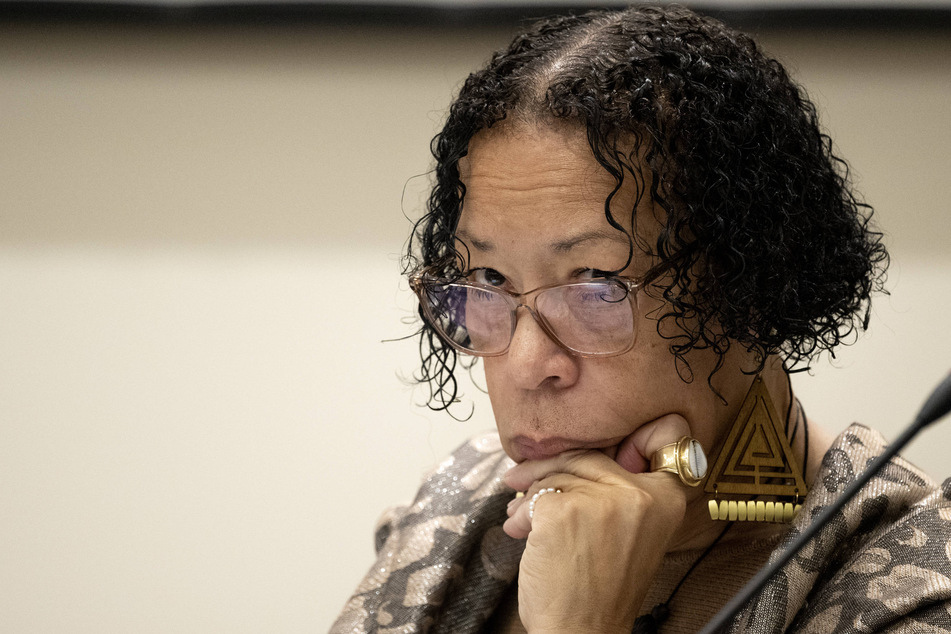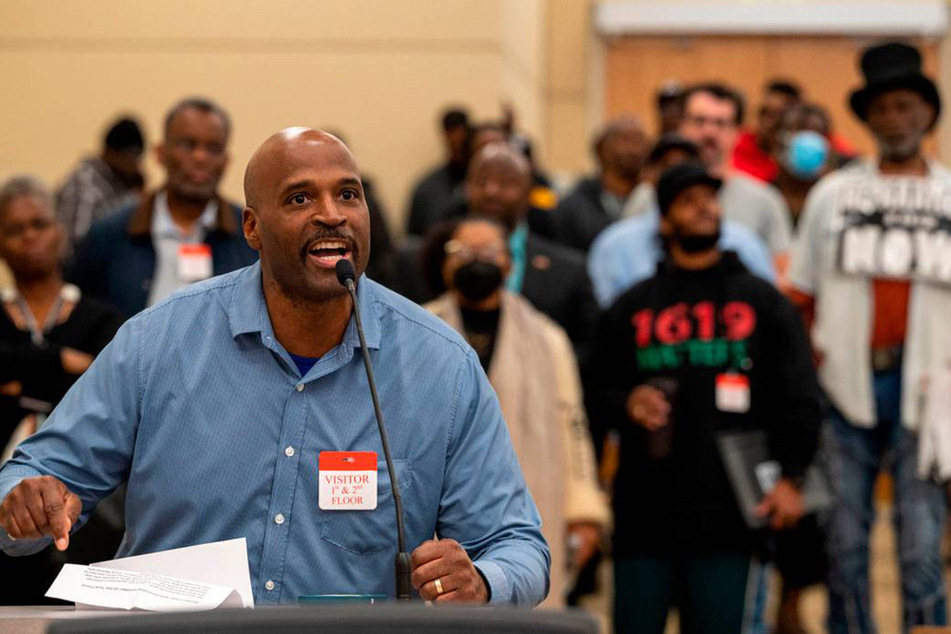California Reparations Task Force issues final report as Black communities demand action
Sacramento, California - The California Reparations Task Force on Thursday issued its final report in a hearing marked by powerful testimonies and urgent demands for legislative action.

Over more than 1,100 pages, the document details the historic injustices perpetrated against Black people at every stage of California's history.
In a powerful move, Task Force Chair Kamilah Moore listed by name many of the past and present state-sanctioned abuses against Black communities in the Golden State, from chattel slavery to redlining, predatory policing, mass incarceration, and more.
"We have been relegated to the bottom of the caste system in this country. Black, African American, American Freedmen, however you want to call us, we are resiliently surviving," Moore said to cheers and applause from the crowd.
"It is my hope that the task force's general efforts reinvigorate the Black-American community to exercise our human right to self-determination with renewed spirit and energy that enables us to freely determine our political status and to pursue our economic, social, and cultural development via comprehensive reparatory justice policies."
California Reparations Task Force issues dozens of policy recommendations

In addition to proving a detailed account of structural racism in California, the final report also includes more than 115 policy recommendations to address ongoing impacts of the historic harms the task force identified.
The proposals include a formula to calculate the minimum amount owed in direct financial compensation, coming out to an estimated $1.2 million for some Black Californians, though the task force said the exact amount should be determined by lawmakers.
In a controversial decision, the California Reparations Task Force in March 2022 voted to limit eligibility to those who can prove their ancestors were enslaved in America during the 19th century or were free Black people living in the US before the 20th century.
California Governor Gavin Newsom has so far refrained from saying whether he will act on the policy proposals, but task force members noted that their report makes the case for repair crystal clear.
"We can now say: America, we know what you did, and we know what you continue to do. We see you. The question is: America, do you see yourself?" said Dr. Cheryl Grills.
"This is a fight for the heart and the soul and the integrity and the authenticity of American society," she added. "The real work begins now."
Community members urge California lawmakers to act on reparations

During the public comment period, community members testified to the significance of the task force's work, describing the process and final product as a turning point following generations of enslavement and disenfranchisement.
Many participants also took the mic to urge state lawmakers to act on the proposals outlined in the report without further delay – especially if they want to win the Black vote in future elections.
"Gavin Newsom, you want my support – I know you do – but today I need yours," California resident Willie Pickett insisted. "If he's going to run for another term, he's going to need our support again."
Community members overwhelmingly celebrated the blueprint laid out by the task force as a path toward a better future and expressed their determination to keep fighting for the recommendations' implementation.
"How in the heck are we supposed to resolve the issues that stand with us currently and ahead of us if we continue to shelve problems that are from the past, from years past, continuously, over and over and over again?" asked California labor activist Scott Turner. "Today is the start of breaking that cycle."
Cover photo: IMAGO / ZUMA Wire

